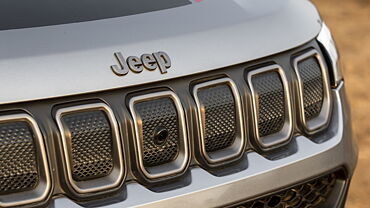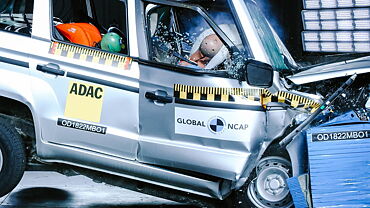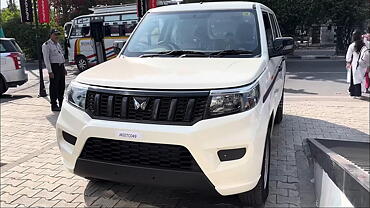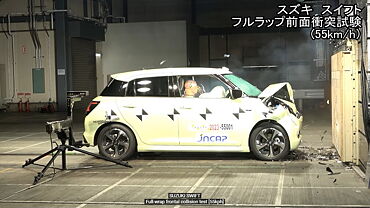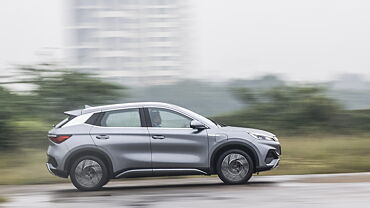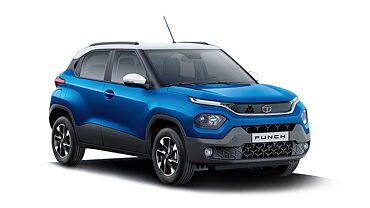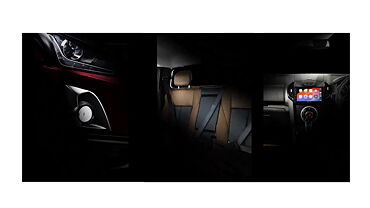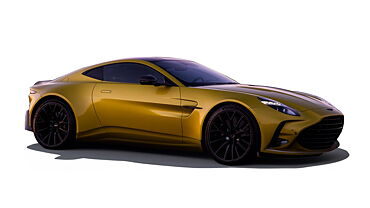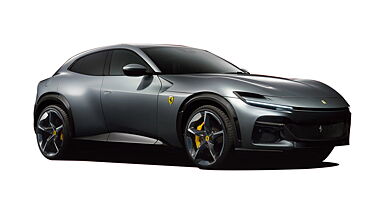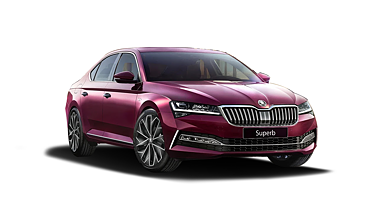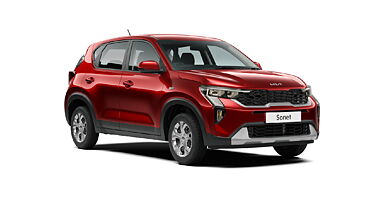The Indian automotive industry has raised an objection to being included in the trade agreement as the proposed India-Europe Free Trade Agreement (FTA) approaches its final phase. Many in the industry feel that the technology inflow and the investments will stop with this move. Moreover, this inclusion will pose a threat to the targets set by the heavily hyped Automotive Mission Plan (AMP) of the Union Government released by Manmohan Singh, Prime Minister.
A section of the global market, mostly European brands, considers the argument protectionist and a means to defend the home turf. Moreover, this vocal group has said the Indian industry is not complying with current economic trends, even as industry body Society of Indian Automobile Manufacturers (SIAM) protests against the FTA inclusion. According to Sugato Sen, Senior Director, SIAM, "The AMP targets were based on certain consistency in policy. If the auto industry is included in the FTA, the entire equilibrium will be disturbed and India will not meet the AMP target."
These protest come at a time when speculations regarding the eventual inclusion of the auto sector in the FTA by the government are rife. Under this trade agreement, the import duty on a specified number of vehicles may come down from 60 per cent to 30 per cent. The national government is focussing on facilitating cheap imports of cars as part of the Tariff Rate Quota (TRQ). Apart from luxury brands like Audi, BMW and Mercedes, mass market players like Volkswagen, Fiat, Skoda and Peugeot will benefit from the move.
According to industry professionals, the imports at cheaper rate coming from Europe will adversely affect the business in India. This will result in a dearth of manufacturing investment in the country, thus leading to reduced employment levels and lower technology flow in the nation. The main agendas under AMP 2006-16 include investment of USD 40 billion in the automotive sector by 2016, creation of 25 million new jobs and twofold increase in the share of the auto sector to the GDP (to more than 10 per cent). These targets will become unachievable in case the industry is included in the FTA, according to the domestic lobby SIAM.
On the other hand, European companies beg to differ on this matter and refute the threats that such a move is said to pose. John Chacko, Chief India Representative, Volkswagen Group, which includes brands like Audi, Volkswagen and Skoda, said, "The auto sector should definitely be included." He stated that even if the imported cars from European countries cost lower, the highly competitive Indian market does not have to worry about any losses. Chacko said, "Manufacturing in Europe is very expensive and we do not stand any chance in the volume segments in India."
In previous communications, Director, Sales and Marketing, Mercedes Benz India, Debashish Mitra said, "It is a misnomer that the Indian industry will suffer if the duty is lowered. While we support the argument that duty should remain high where competitive volume products are there in the market, there is no argument to support any talk of maintaining higher duty for the luxury-end of the market."
Notably, the country's chief negotiator for the trade talks with Europe was replaced on May 15, 2012. Saurabh Chandra has been appointed as the new Industry Secretary by the national government, while his predecessor, Rahul Khullar, takes up the position of the telecom regulator.



